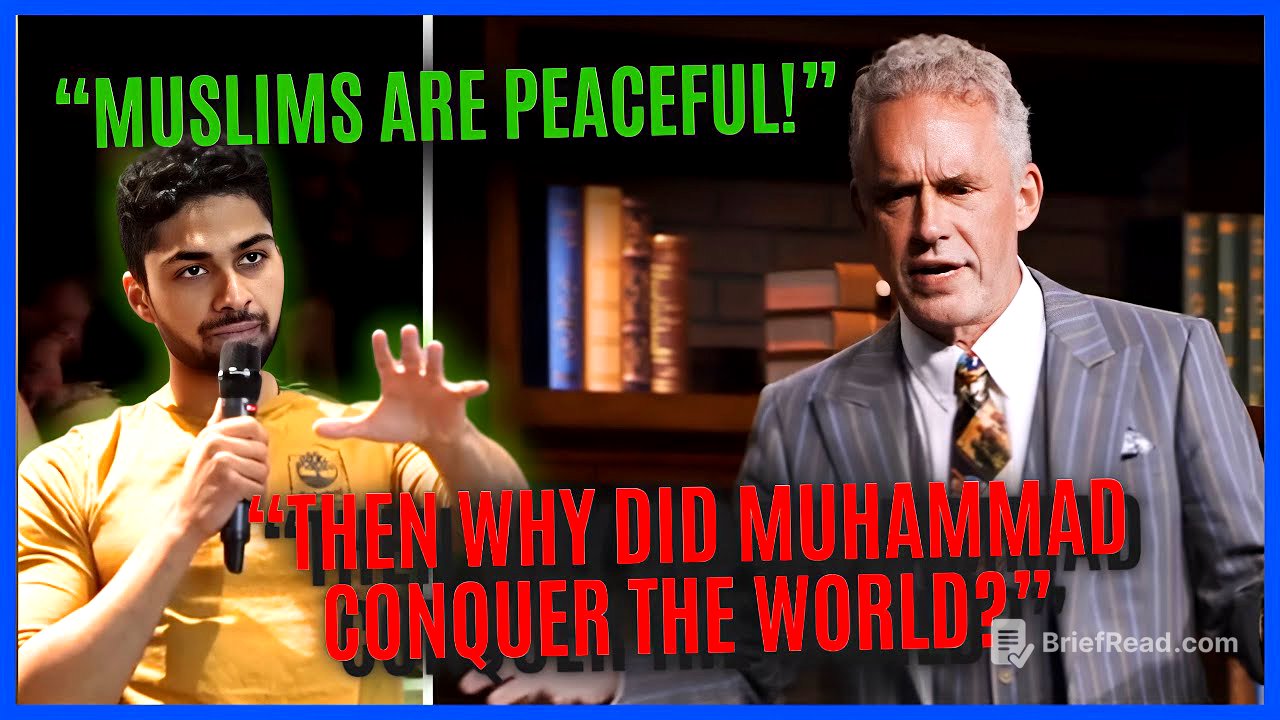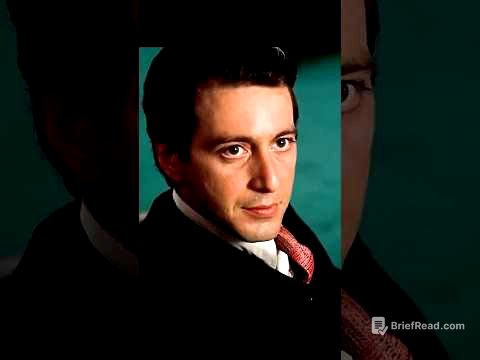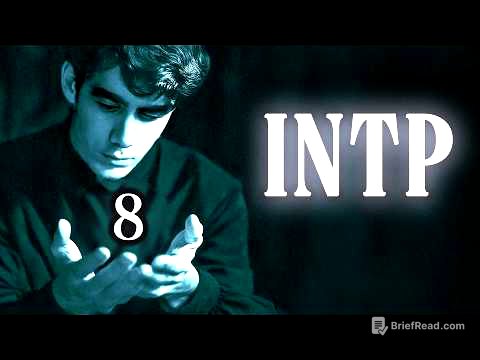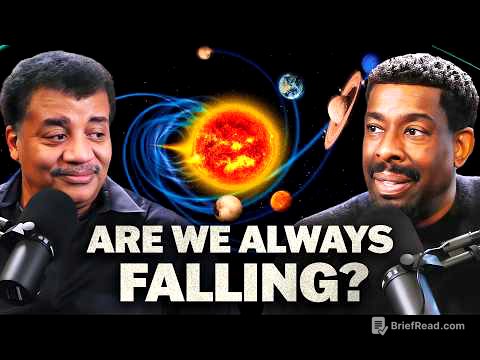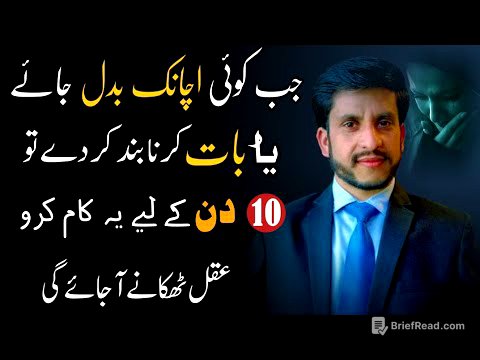TLDR;
Tal Oran reacts to Jordan Peterson's comments on Islam, focusing on Peterson's concerns about the integration of Islam with the West. Peterson highlights the failure to separate church and state in some Islamic contexts and the historical role of Muhammad as a warlord as significant challenges. Oran appreciates Peterson's honesty and shares his own struggles with certain aspects of Islamic history, particularly concerning the treatment of Jewish individuals. Both emphasize the need for open and honest dialogue between different faiths to bridge gaps and address genuine grievances.
- Jordan Peterson expresses concerns about the integration of Islam with the West, citing the lack of separation between church and state and the historical role of Muhammad as a warlord.
- Tal Oran appreciates Peterson's honesty and shares his personal struggles with certain aspects of Islamic history, particularly the treatment of Jewish individuals.
- Both Peterson and Oran emphasize the importance of open and honest dialogue between different faiths to bridge gaps and address genuine grievances.
Intro [0:00]
Tal Oran introduces a reaction video to Jordan Peterson's recent comments on Islam. Oran expresses his interest in Peterson's perspective, especially considering his previous statements on the topic. He notes a recurring theme in Peterson's analysis, which distinguishes between the Judeo-Christian tradition and Islam, particularly regarding Islam as a "totalizing system." Oran frames his inquiry as an exploration of the psychological and mythological differences between Islam and the Judeo-Christian tradition, setting aside current global affairs.
The Question [0:08]
Oran poses a question to Peterson regarding the fundamental differences between Islam and the Judeo-Christian tradition at the level of mythology and archetypes. He points out the shared stories and moral presuppositions between the two religions, such as the stories of Adam and Eve, Satan, and the flood. Oran questions how Islam is so different from the Judeo-Christian tradition at the deepest levels, despite the similarities in their foundational stories.
Peterson's Response [1:53]
Jordan Peterson admits that he doesn't fully know the answer and expresses his intention to engage in discussions with various people, including Ayan Hirsi Ali, to gain a better understanding. He acknowledges the controversy surrounding Hirsi Ali's views on Islam and recounts his positive impression of her book "Infidel." Peterson identifies two main issues that he struggles with in relation to Islam: the failure to separate church from state and the historical role of Muhammad as a warlord. He notes that the unification of church and state poses a problem for coexistence with the West, where the separation of these entities is a fundamental presumption. Peterson also expresses his difficulty in reconciling Muhammad's role as a warlord with the peaceful image of Christ.
Expansion and Allies [4:47]
Peterson highlights the rapid expansion of Islam, noting that within 600 years, it became the largest empire the world had ever seen, leading to the demolition of Byzantine Christianity and the wiping out of Buddhists in Afghanistan. He expresses hope for a bridge between civilizations and a desire to understand Islam better through discussions with knowledgeable individuals. Peterson also voices his concerns about the Saudi Arabs and Wahhabis, questioning their status as allies and criticizing the use of petro dollars to fund propaganda that threatens the West. He acknowledges his potential ignorance on the matter but emphasizes his inability to reconcile these issues.
Bridging the Gap [7:21]
Peterson finds it more challenging to bridge the gap with Islam compared to other religious traditions like Daoism, Buddhism, and Hinduism. He attributes this difficulty to the issues he previously mentioned, such as the integration of church and state and the historical role of Muhammad. Peterson acknowledges the vast amount he doesn't know about Islam and expresses his commitment to reading and learning more as he progresses in his understanding.
Tal Oran's Reaction [7:54]
Tal Oran expresses his admiration for Peterson's honest take, noting that it's one of his favorite clips he's ever reacted to. As a Jew who loves Muslims and Islam, Oran shares his personal struggles with certain aspects of Islamic history, particularly the story of the Battle of Khaybar and Muhammad's actions towards a Jewish woman named Safiyya. He emphasizes that his concerns come from a place of respect and love for Islam, Muslims, and Arab people. Oran highlights the difficulty in reconciling Muhammad's role as a warlord with the peaceful image of Jesus in Christianity.
Honest Conversation [10:35]
Oran believes that having honest conversations like the one Peterson initiated is crucial for bridging the gap between Christianity, Judaism, and Islam. He suggests that Christians and Jews should feel comfortable expressing their feelings to Muslims in a non-bigoted way. Oran mentions the growing number of Islamophobic individuals, including ex-Muslims, who have genuine grievances with the organized religion and the Quran. He questions how to address their fears and concerns while maintaining respect for Islam. Oran concludes by praising the refreshing honesty of Peterson's take.
Support and Community [11:37]
Oran encourages viewers to support his content through various means, including PayPal, Buy Me a Coffee, and Patreon. He highlights Patreon as the best way to support his channel, offering cool perks depending on the tier. Oran also promotes his merchandise on thetravelingclatt.com and mentions his Discord community, inviting viewers to join.
